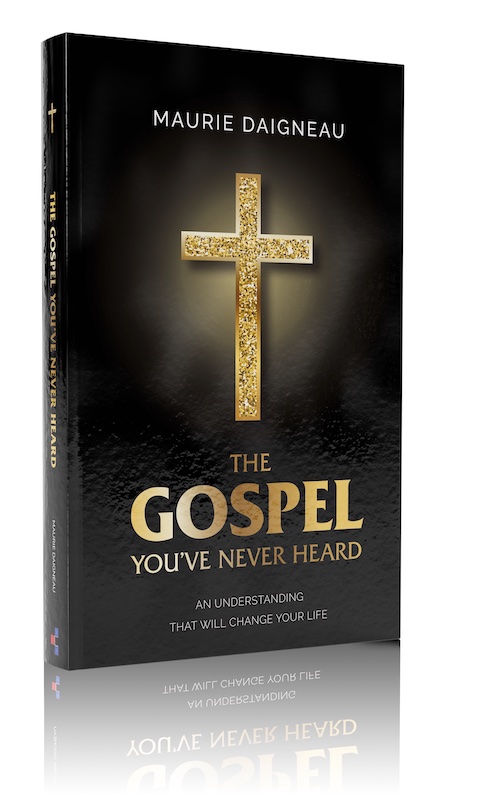Paul had earlier asked the question, “How shall we who died to sin still live in it?” (Rom. 6:2b). In other words, how shall someone who has been released from his spiritual captivity to the sin presence within his car still let that sin presence influence the way he drives his car? He shouldn’t! Because of the presence and power of the Holy Spirit, the believer is free to surrender the driving to the Spirit.
“So then, brethren,” Paul continues from Romans 8:12, “we are under obligation, not to the flesh, to live according to the flesh…” Paul writes here with grammatical emphasis of being under obligation. In the Greek it is opheiletes, which is from the root opheilo. It means “to owe” or “to be indebted.”[1] It is very important to have an accurate understanding of the identity of the “we” to whom this obligation of indebtedness belongs. Nonbelievers are still in their unregenerate human condition and remain subject to the power of the sin presence within them. They have neither the obligation (though they may have the desire) nor the freedom (though they may yearn for it), nor the enabling power (Holy Spirit) to live any differently from how they have always lived. Believers, on the other hand, having accepted by faith the grace gift of freedom from their inherited spiritual death, have an entirely different choice and responsibility.
Perhaps more importantly, this obligation of indebtedness carries a severe and lasting consequence if it is not embraced by a believer as a new way of required living: “…for if you [those who have accepted the gift] are living according to the flesh, you must [in the Greek mello, meaning ‘are destined’ or ‘will certainly’][2] die” (Rom. 8:13a). Now brace yourself. What you are about to read in the next few sentences will be a perspective of understanding that many within the church community have not had an opportunity to previously consider.
What future death is Paul referring to in the above Romans verse? Hebrews 9:27 reads: “And inasmuch as it is appointed for men to die once and after this comes judgment….” The death that the Hebrew writer was referring to is mortal death. However, Paul is not referencing our mortal death, but rather a death that waits as a certain destiny for those who once having been saved from their death in their trespasses and sins, and despite such a great salvation (see Heb. 2:3a), go on living according to the whim of their former master. It is a future death that the Bible refers to as the “second death” or the “lake of fire” (see Rev. 20:14–15; 21:8). It is the death from which the actuality of escape for anyone, even a believer, will not be revealed until the Day of Judgment.
[1] William F. Arndt and F. Wilbur Gingrich, Walter Bauer’s A Greek English Lexicon of the New Testament (Chicago and London: The University of Chicago Press, 1979), 598.
[2] Ibid., 501.



Thanks Maurie for these words of wisdom and truth. What a great way to start the day!